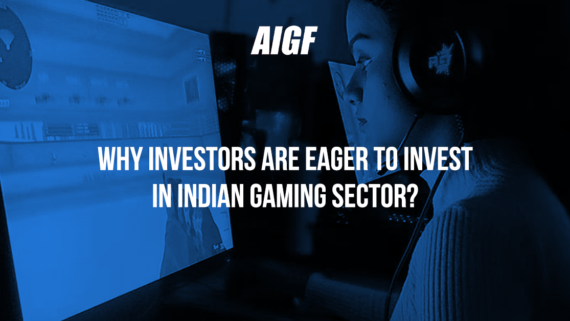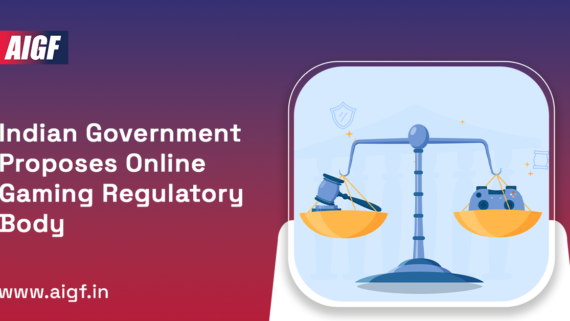The All India Gaming Federation and a few online gaming organizations have moved toward the Karnataka HC challenging the amendments and the expansion of the law to cover games of skill like rummy. The HC has not ordered a stay, yet the government has let the court know that it would not make any encouraging move against gaming firms under the new law during the pendency of cases filed by the Gaming Federation and gaming firms.
Karnataka Gambling Law: Ambit And The High Court Challenge
On September 21, the Karnataka assembly passed legislation to amend the Karnataka Police Act, 1963, making all types of betting, including online, a cognizable and non-bailable offense. The Karnataka Police (Amendment) Act, 2021 was notified and came into power on October 5
It was passed in Karnataka regardless of comparative laws presented in Tamil Nadu, Kerala and Telangana having confronted lawful difficulties for widening the extent of betting past what has been characterized by law. On August 3, the Madras High Court struck down the Tamil Nadu Gambling and Police Laws (Amendment) Act, 2021 as being ultra vires. Also, on September 27, the Kerala High Court, depending on the Madras HC request, struck down an amendment to the Kerala Gaming Act, 1960 which forced a restriction on online rummy. Since the new law became effective, a few online gaming firms have geo-locked their applications and sites in Karnataka to forestall drawing in police activity if users access the sites.
What are the legitimate issues raised by these amended laws?
One of the essential grounds on which the new gaming laws in Karnataka, Kerala, and Tamil Nadu have been challenged is that games of skill have been clubbed alongside games of chance in the meaning of gaming if the games of skill are played for prizes or wagers.
Gaming organizations have contended — effectively in Tamil Nadu and Kerala — that according to the law laid down by the Supreme Court in 1957 (Chamarbaugwala cases) — competitive games of skill are business exercises secured under Article 19 (1) (g) of the Constitution.
Rummy and horse racing have been grouped by the courts as games of skill that don’t go under the domain of gaming laws, passing by the measuring stick of whether skill or chance is dominating in the result. It has been contended that platforms don’t have “legislative competence” to disallow games of skill and that the main games of chance can be directed for betting and wagering.
Why has Karnataka amended the law?
Among the reasons referred to by the government is an order by the Dhanwad Bench of the Karnataka High Court (Vageppa Gurulinga Jangaligi versus Kagwad police, December 2019) that police can’t assault betting nooks without a formal written request from a judge, since betting is a non-cognizable and bailable offense.
The order by Justice P G M Patil said in non-cognizable offenses, the “SHO of the police station has no authority of law except if the jurisdictional judge allows the cop for examination of the non-cognizable offense”.
Recent public interest suits looking for a restriction on online gaming and wagering, as well, have been a trigger for the amendments.
As per the statement of articles and reasons, the new law is expected to make betting a cognizable and non-bailable offense (gambling on open roads stays cognizable and bailable). The new law has likewise been introduced with “include the use of cyberspace including computer resources or any other communication device as defined in the Information Technology Act 2000 during the time spent gaming to control the threat of gaming through the internet, mobile application”.
What types of betting does the new law cover?
The amended law covers all types of betting or wagering “regarding any game of chance” except for horse racing and lotteries. It likewise places wagering on the skills of others in the class of betting. It gives an exemption just to any unadulterated game of skill and not to “betting by people partaking in such a game of skill”.
As indicated by the amended law, “all types of betting or wagering, including in the type of tokens valued in terms of money paid before or after issue of it, or electronic means and virtual currency, electronic transfer of funds in connection with any game of chance”, will be viewed as for betting. The new law sees gaming websites in a similar light as actual betting houses.
The new law upgrades the greatest punishment for owners of betting from one year to three years of detainment and fines from Rs 1,000 to Rs 1 lakh. The minimum punishment proposed is a half year rather than the current one month and the fine is Rs 10,000 rather than Rs 500.
For supporting or abetting betting, the punishment has been upgraded to a half year and a Rs 10,000 fine. A first offense of dealing with a gaming house will draw a minimum sentence of a half year and a fine of Rs 10,000, a second offense 1 year and Rs 15,000, and a third-a year and a half and Rs 20,000.
Will these revisions stand the trial of law?
As referenced, comparative law in Tamil Nadu was struck down by the Madras High Court as being ultra vires after it was challenged by online gaming firms.
The court administered on August 3: “It is the case that, extensively talking, games and sporting activities in the actual structure can’t be likened with games directed in virtual mode or the cyberspace. Be that as it may, with regards to card games or board games like chess or Scrabble, there is no differentiation between the skill associated with the actual type of the movement or in the virtual structure.”
The HC said both rummy and poker are games of skill. “Poker might not have been perceived in any past judgment in this nation to be a game of skill, yet the proof in such respect is obvious from the American case that even persuaded the Law Commission to acknowledge poker as a game of skill in its 276th Report,” it noted.
What is the situation with the new law?
The All India Gaming Federation and a few online gaming organizations have moved toward the Karnataka HC challenging the amendments and the expansion of the law to cover games of skill like rummy. The HC has not ordered a stay, yet the government has let the court know that it would not make any encouraging move against gaming firms under the new law during the pendency of cases filed by the Gaming Federation and gaming firms.
Credits: The Indian Express











Comments
Comments are closed.